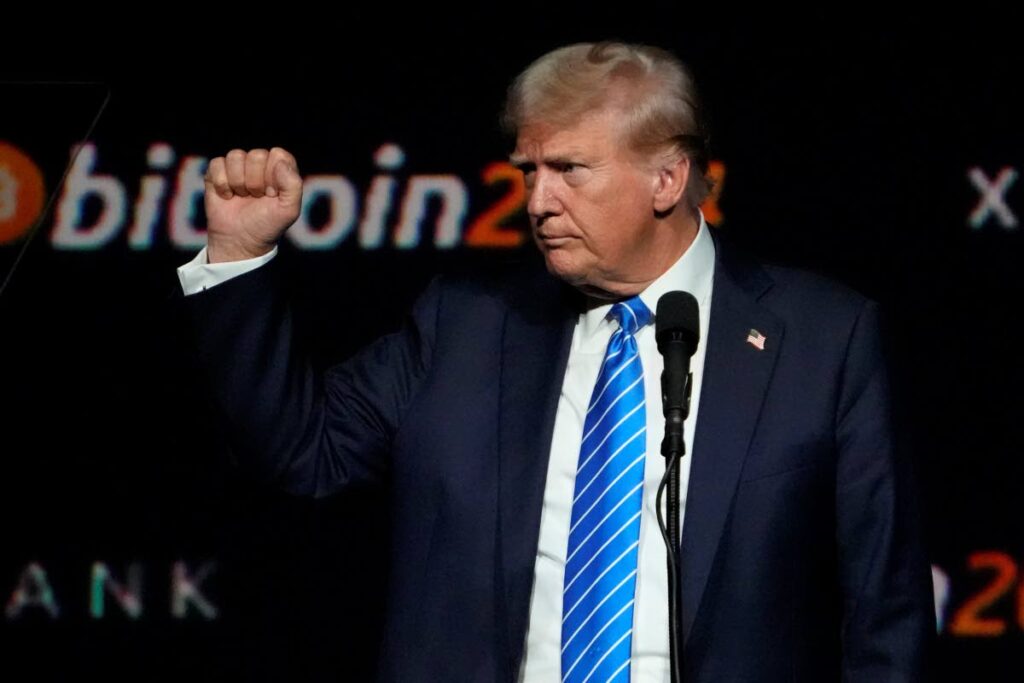Those who do not remember...

IT WAS supposed to be the “war to end all wars.”
At 11 am on the 11th day of the 11th month of 1918, the "Great War” came to an end in Europe. When, a year later, King George V asked British subjects to observe silence in “remembrance of the glorious dead,” few could have imagined there would be another world war decades later.
The commemoration of Remembrance Day on November 11 each year is meant to keep the flame of remembrance alive.
But this year, that flame seems close to being extinguished.
In America, Donald Trump’s re-election has all but dismantled the multilateral order established in the wake of World War I (1914-1918) and World War II (1939-1945).
At the core of Mr Trump’s “campaign” was a turning away from a global economy of shared interests through his myopic “America first” rhetoric, his bolstering of anti-immigration sentiment and his embrace of tariffs and other market distortions.
The US president-elect is against the UN and NATO. He has suggested current wars would not have erupted if he was in charge.
Yet through his open admiration, he has emboldened "strongmen" the world over, fanning the flames of conflict. Privately, he reportedly called fallen soldiers “losers” while gallerying at Arlington National Cemetery, Virginia, in October.
Not only has an admiration for Adolf Hilter’s reign been documented in relation to him, but Mr Trump has also echoed Nazi rhetoric in describing people as “vermin” and “enemies within” and in saying foreigners are “poisoning the blood.”
He was not the first to coin the idea of “fake news.” That was also Hitler, with his die Lügenpresse, or “the lying press.”
This is the man at least 74 million Americans chose as their leader.
The global order has changed.
For many, that is reason to cheer. The imperialism of US policies has often attracted strong opprobrium.
However, more imperial powers – among other dangers – now wait in the wings.
But even before Mr Trump and all this, a sickening amnesia had set in.
Hundreds of thousands of colonial subjects – including tens of thousands from the Caribbean – who fought for the British Empire in world wars have been all but erased.
With few exceptions, such as part-Trinidadian Sam Mendes’s harrowing film 1917 and Frances-Anne Solomon’s Hero, there have been no reflections of colonials who fought in popular culture. Women veterans, too, who contributed to the war effort have been left out.
It is a repeat of the discrimination such individuals endured when they were at the front lines and subject to prejudice.
Ironically, their racist treatment, and the new ideas such servicemen and women were exposed to, ultimately fed the movement towards universal suffrage and the end of empire.
If amnesia prevails, such an empire is destined to strike back.

Comments
"Those who do not remember…"